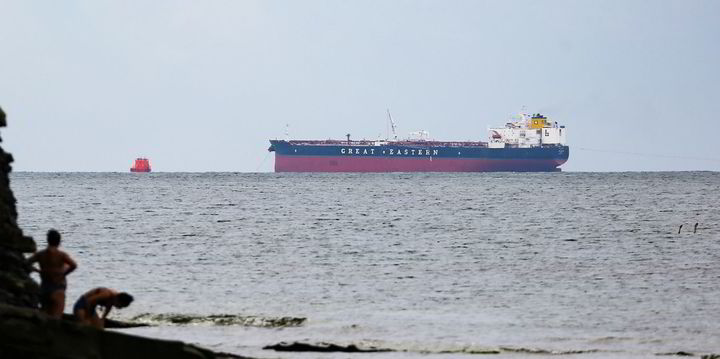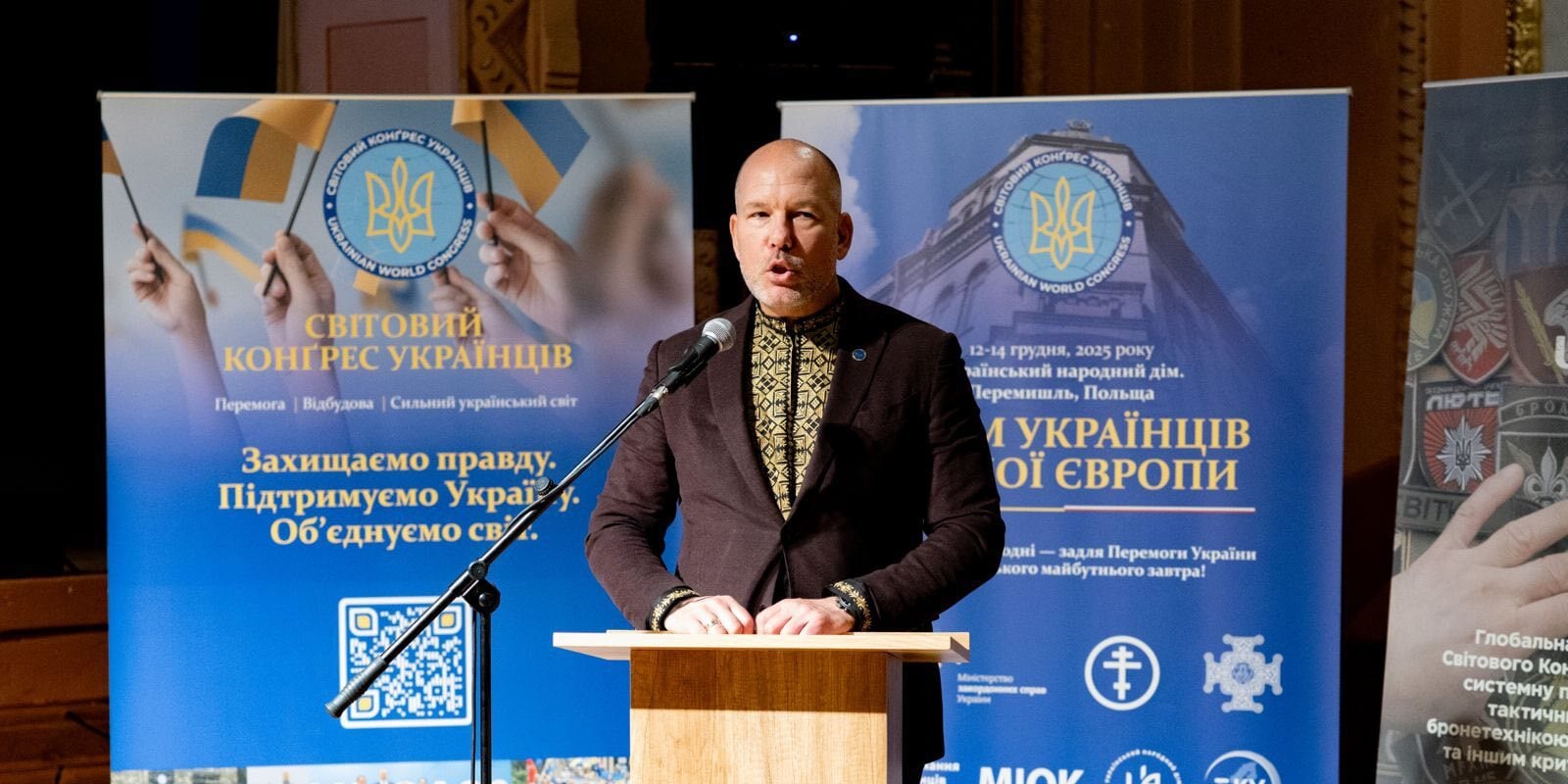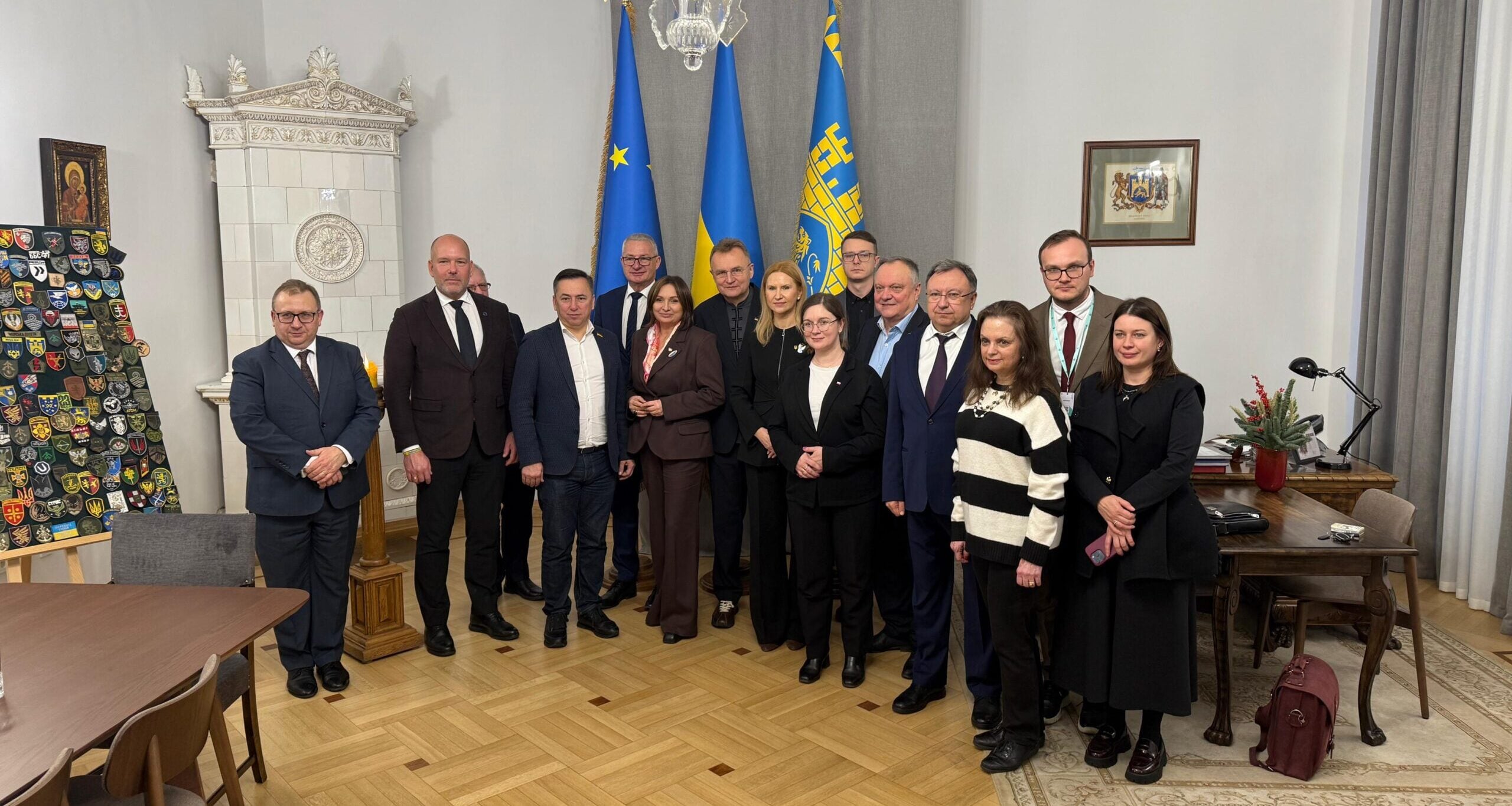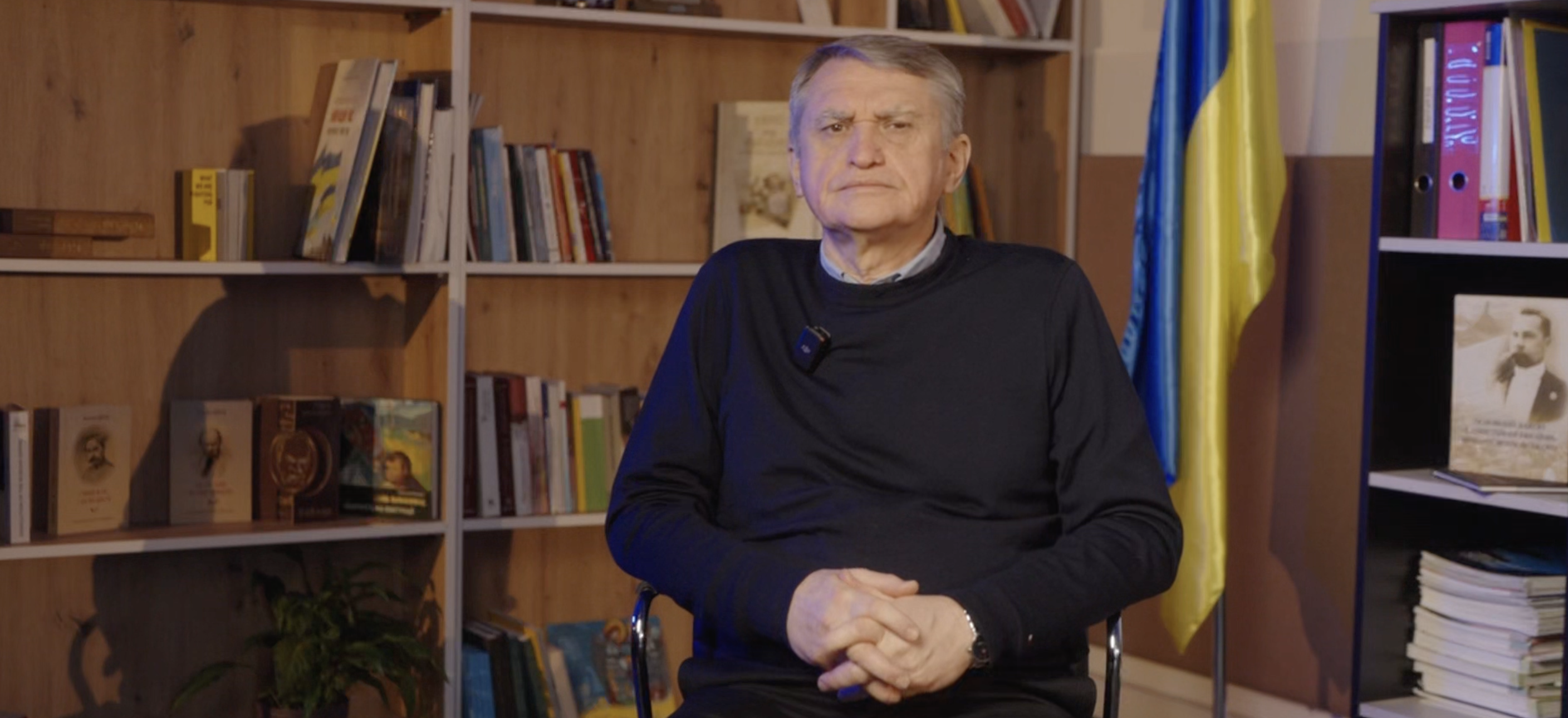
The EU and the G7 are awaiting word on whether Poland will agree to the $60-a-barrel price cap on Russian seaborne oil that is supposed to take effect Monday, according to WSJ.
The $60 cap, tentatively agreed upon by EU governments on Thursday, is subject to approval by all EU governments. Poland had pushed for the cap to be as low as possible. Polish ministers have been consulting for 24 hours on the proposal but are yet to give an answer to Brussels.
The latest proposal includes an adjustment mechanism to keep the cap at 5% below the market price. Having such a mechanism is what Poland insisted on along with a new package of sanctions on Russia.
The cap is part of the West’s attempt to squeeze the Kremlin’s oil revenues while keeping global supplies steady and avoiding an increase in prices. It has been crafted to try to allow Russian oil to sate global markets without Moscow getting the full benefit of its sale.
Once the bloc signs off, the cap level will need to be agreed by the G7, as it races to set up the system by Monday, when an EU embargo on Russian seaborne crude imports kicks in.
Poland’s government had backed Ukraine’s call for a Russian price cap set far below the price at which Moscow is selling its oil, brushing aside concerns that a low price could persuade the Kremlin to cut supplies to the global market.
The United States is worried that the EU oil embargo, combined with a European threat of cutting off insurance and other services for vessels shipping Russian oil, could send crude prices upward, generating fresh revenue for Russia.









